Op-Ed: Creating a Lasting Legacy of Collaboration Across South Asia


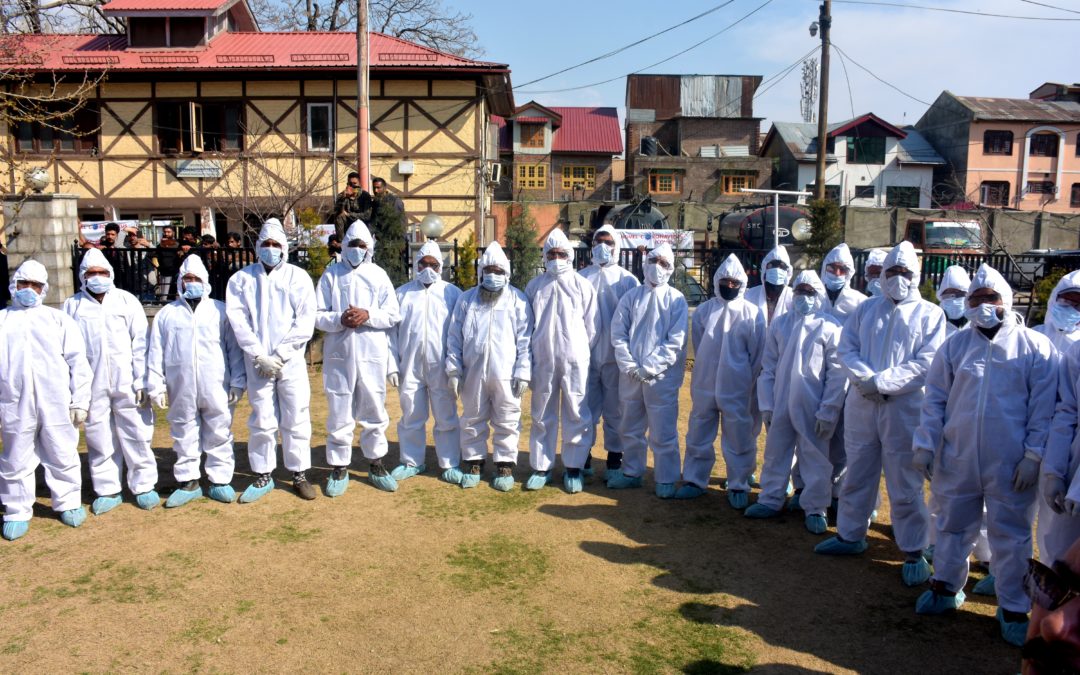
Satchit Balsari, Assistant Professor in Emergency Medicine at Harvard Medical School and Beth Israel Deaconess Medical Center and Steering Committee member of the Mittal Institute, co-authored a comment in The Lancet on evidence-based, affordable interventions to manage COVID-19 in India. His co-authors include a range of other medical professionals: Zarir Udwadia, Department of Pulmonary Medicine, P.D. Hinduja Hospital and Medical Research Center, Mumbai, India (ZU); Department of Pulmonary Medicine, Breach Candy Hospitals & Research Centers, Mumbai, India; Ahmed Shaikh, Department of Emergency Medicine, New York Presbyterian Hospital, New York, NY, USA; Abdul Ghafur, Department of Infectious Diseases, Apollo Cancer Hospital, Chennai, India; and Sushila Kataria, Department of Internal Medicine, Medanta Hospital, Gurgaon, India.
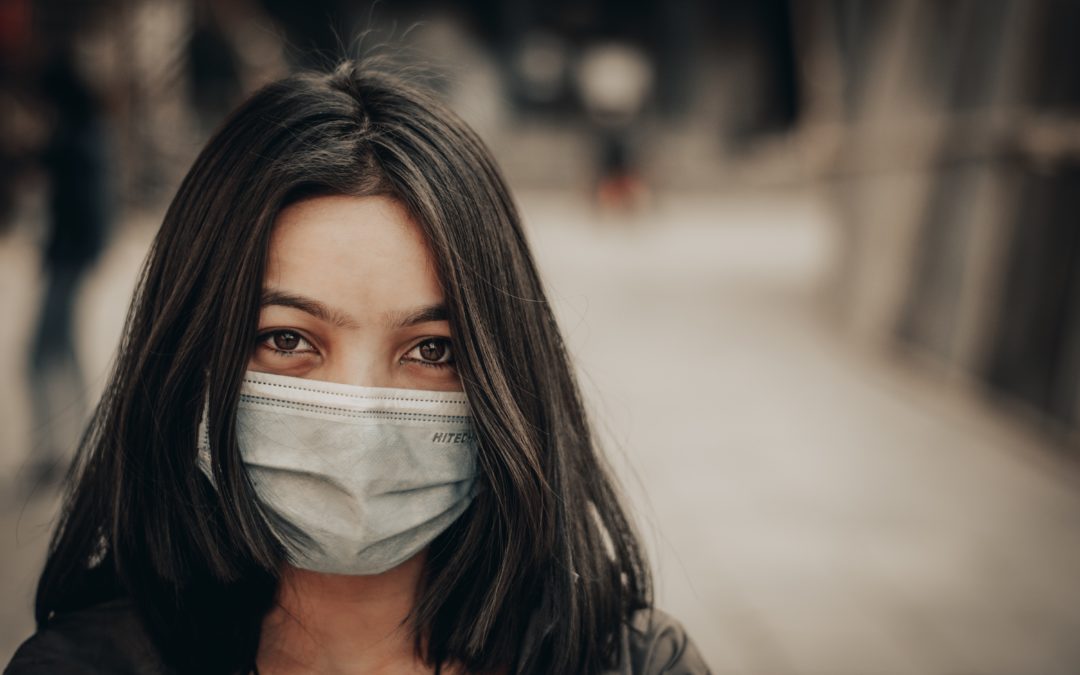
The Swasth Alliance has announced the launch of a partnership of community-based organizations, frontline clinicians and leading scientists from India and the Indian diaspora to develop a community of practice committed to advancing evidence-based COVID-19 care, contextualized to rural India. The partnership, the Swasth Community Science Alliance (CSA), will provide a suite of timely clinical resources for use in rural and urban settings, all vetted for scientific accuracy.
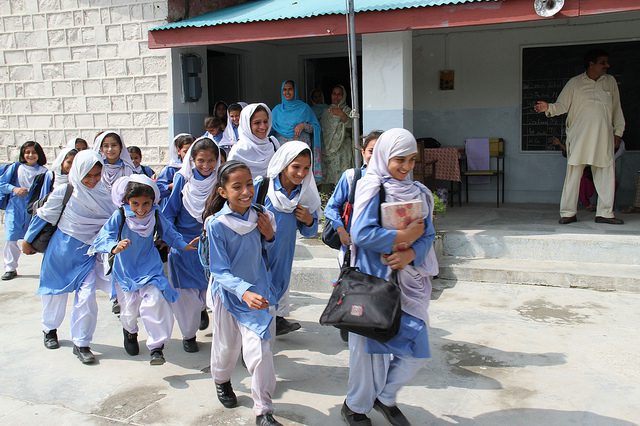
Cultural anthropologist Abdul Razaque Channa, Ph.D. shares his research on the COVID-19 pandemic and its impacts on learning among Pakistan’s school age children. Professor Channa is a Research Affiliate at the Mittal Institute and an Assistant Professor at the Department of Anthropology and Archaeology, University of Sindh – Jamshoro.
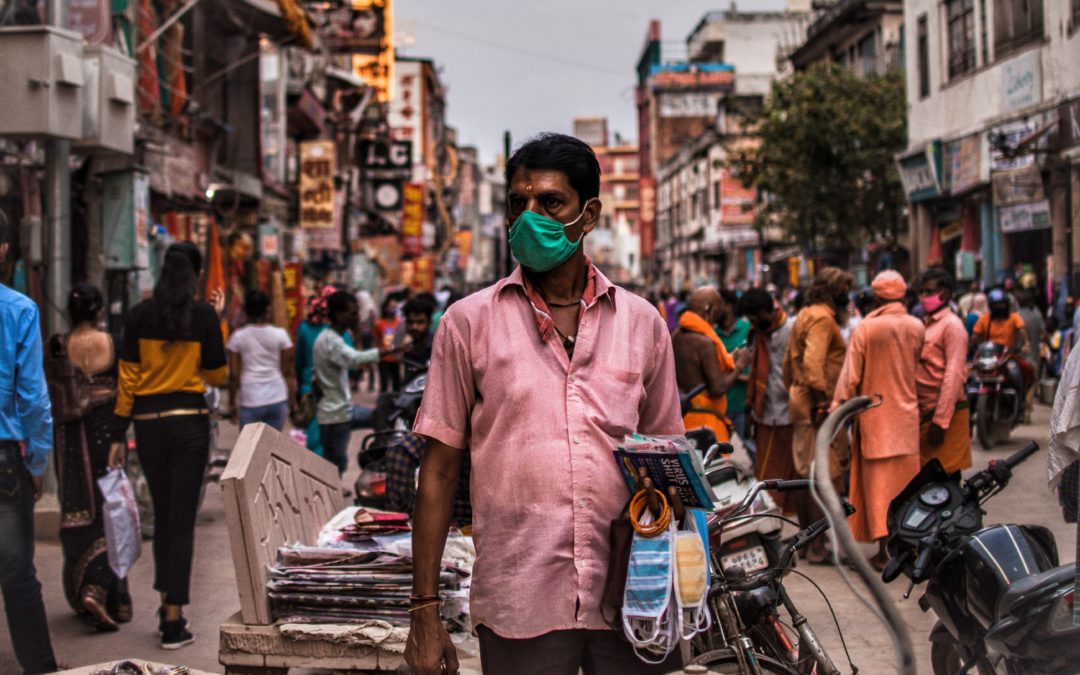
In response to the alarming resurgence of COVID-19 in India, authors drawn from the The Lancet Citizens’ Commission on Reimagining India’s Health System and its network of fellows have proposed eight urgent recommendations in an article in The Lancet.
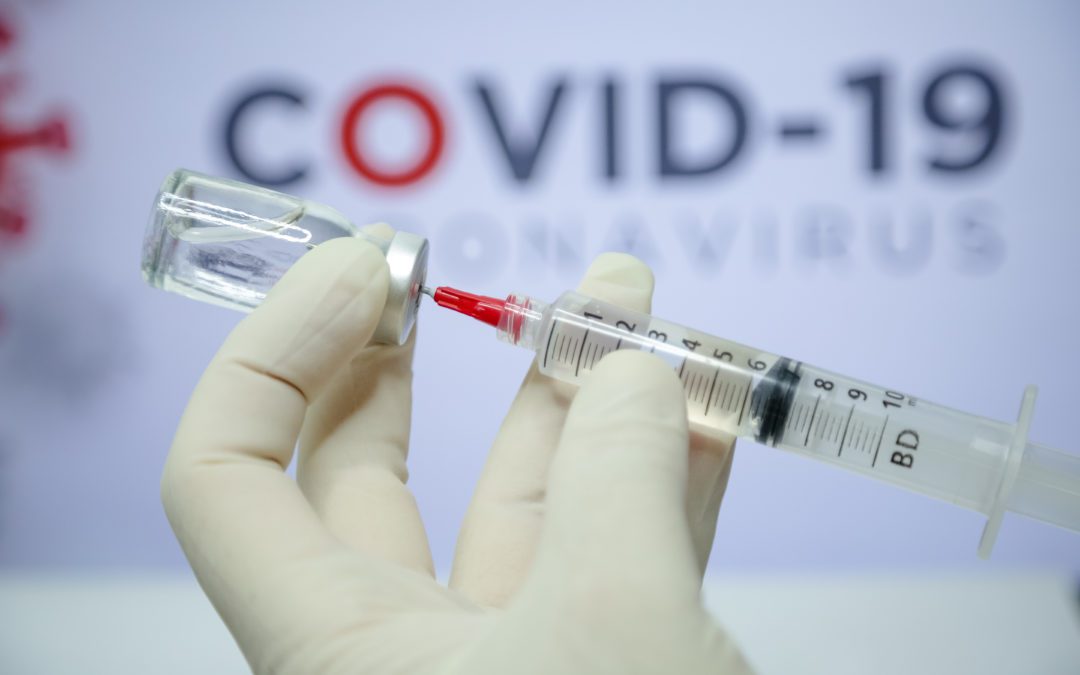
On May 13, the Lancet Citizens’ Commission on Reimagining India’s Health System held a joint webinar with the Lancet COVID-19 Commission India Task Force on “The COVID-19 Crisis in India: What is the Way Forward?” The webinar, the first in a new series, engaged academics, practitioners and the public about the recent COVID-19 pandemic surge in India. The discussion focused on the short and long-term actions that are needed to address the impact
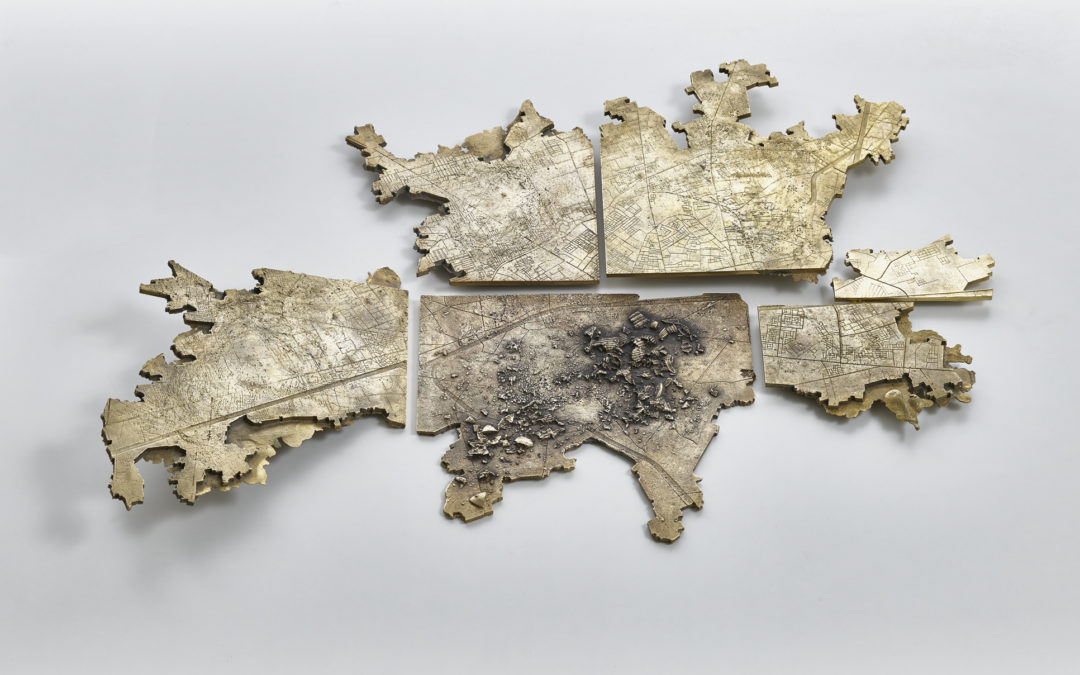
In a conversation with the Mittal Institute this week, Naiza Khan, a visual artist who splits her time between London and Karachi, explored the impact of the pandemic on her creative processes and methods of making art. This past year, COVID-19 drastically changed the landscape of possibilities for modes of working and presented new opportunities to engage in making work alongside other artists.
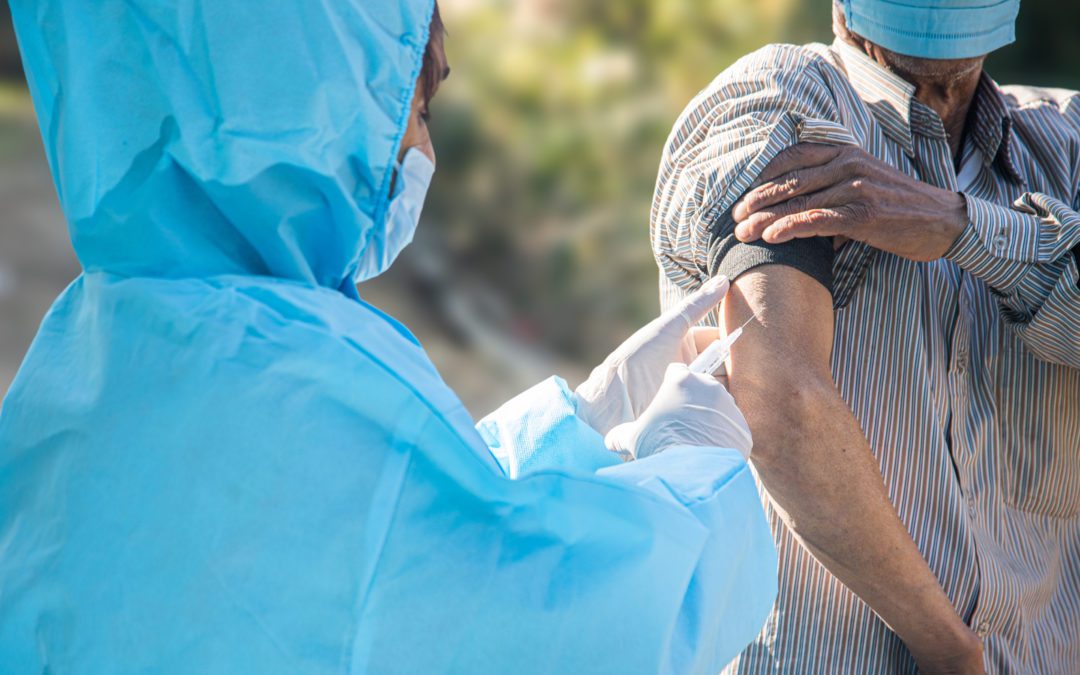
More than a year into the pandemic, Pakistan is fighting the third wave that is sweeping across its main urban centers. The hospitalization statistics increased manifold compared to the first and the second wave. However, after a relentless increase, the statistics are now beginning to register a slight respite. The seven-day moving average of the positive percentage now stands at 9.8%. Despite this trend, caution needs to reign supreme.
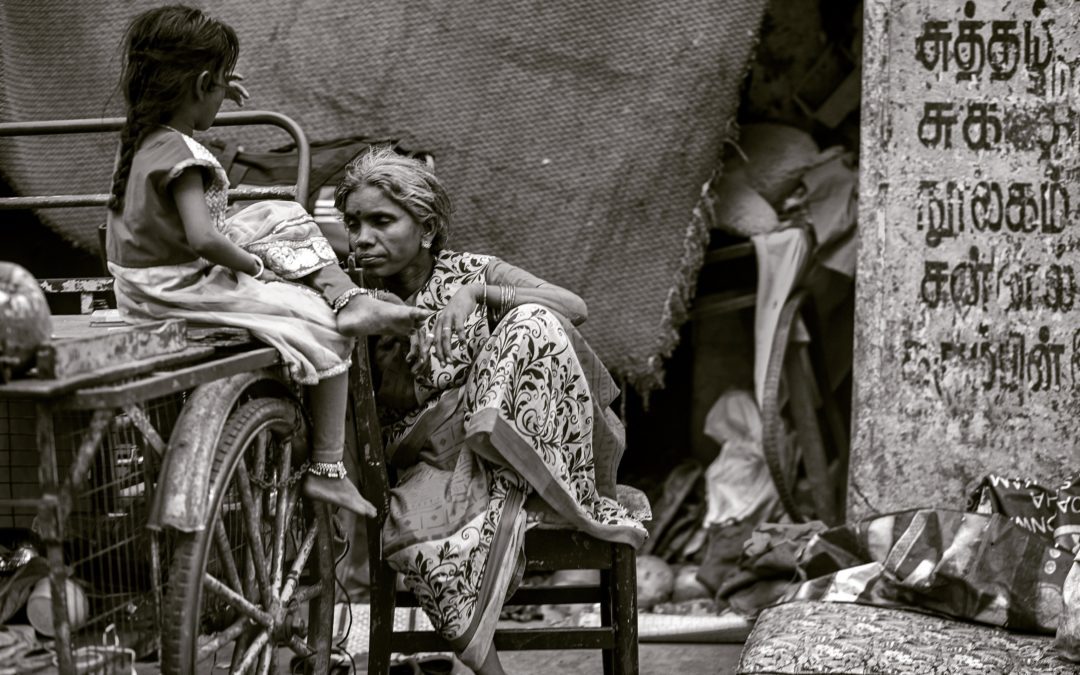
Our political class must set aside differences to act quickly and with compassion to ensure economic security and well-being of the vulnerable, as we fight back second wave of Covid-19, says Vikram Patel in an Op-Ed for The Indian Express.
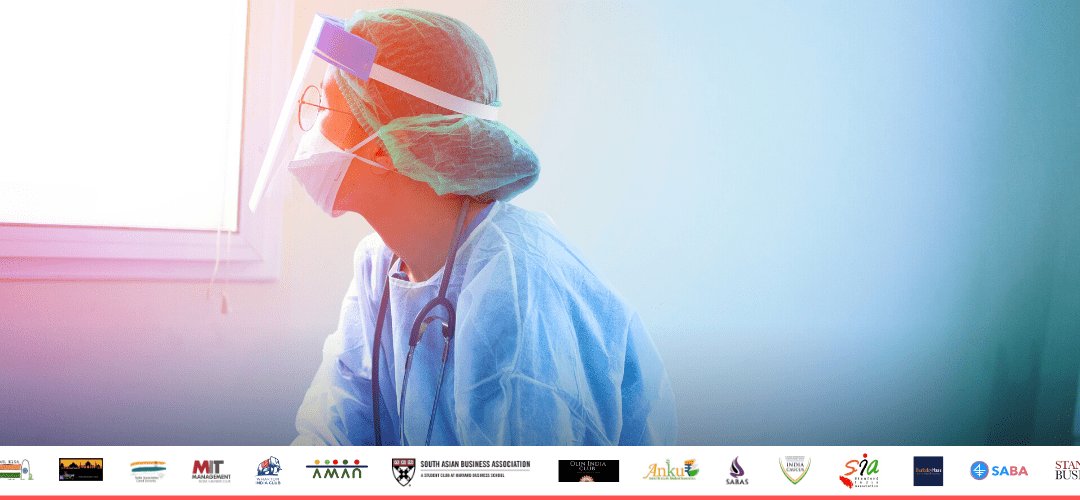
A fundraiser by South Asian students in the US in support of India’s fight against Covid-19. The fundraiser is running in partnership with GiveIndia, which works closely with organizations on the ground to address critical needs. The platform provides transparent information on fund disbursement and accepts USD, INR and other currencies.
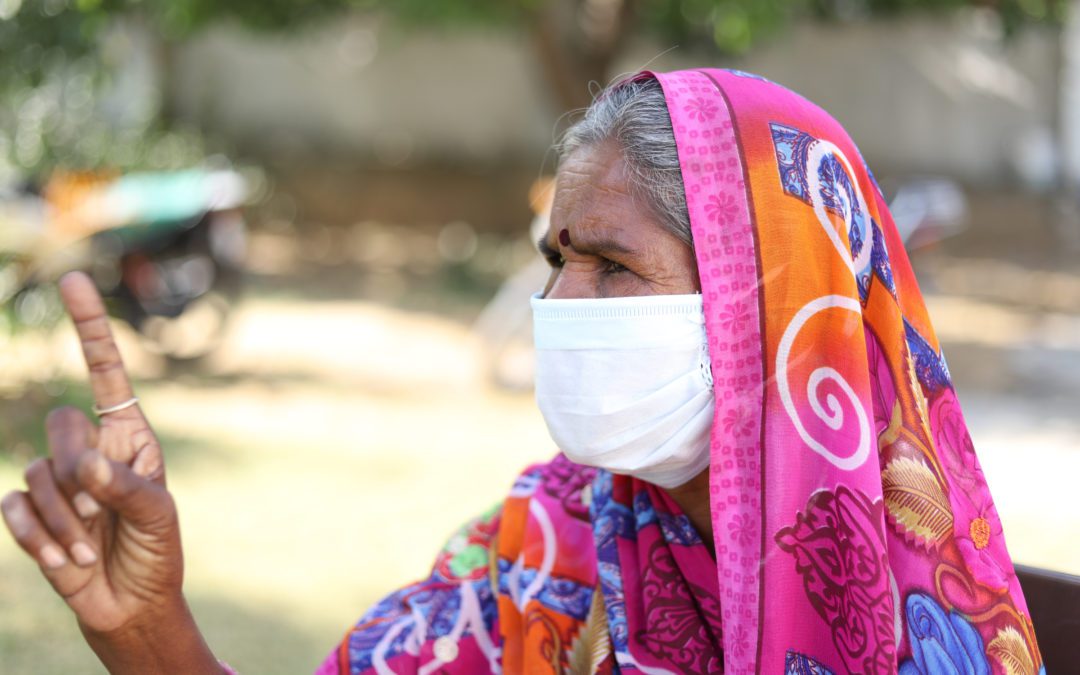
The years of post-mortem that follow will dissect how we arrived here. But for now, the path out of the current inferno requires unwavering commitment to science, and perhaps tremendous rectitude. Let us examine what we can do in the coming months.
